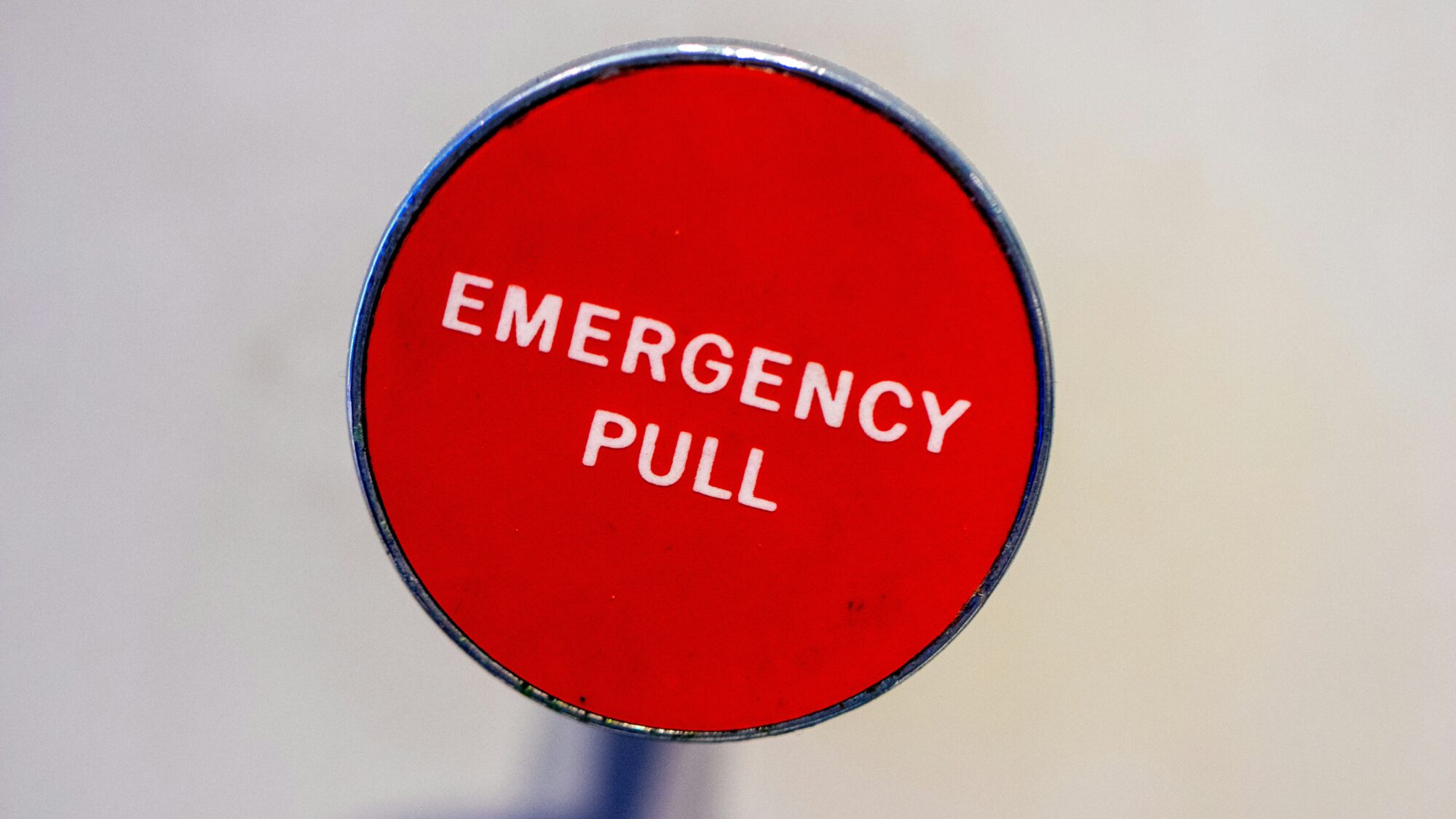Emergencies happen when you least expect them—and sometimes when you are aware of risk, like during wildfire season—so it’s a good idea to have a plan in place for when disaster strikes. According to a 2023 survey by the provincial government, 45 per cent of Albertans feel unprepared for an emergency, and 85 per cent are concerned about the impacts of extreme weather. So, what do you need to be—and feel—prepared for in an emergency?
Identify Hazards
No matter where you live, it’s good practice to identify any existing or potential hazards near you. This can include being prepared for wildfires; understanding who your utilities providers are and what to do in a power outage; having a place to take shelter during a tornado; and being prepared for floods and other extreme weather events. The Alberta government sends out emergency alerts to compatible wireless devices, tv and radio broadcasts and via the Alberta Emergency Alert app.
Create a household plan
The best place to start is to create an emergency plan for your household. Have emergency and first aid kits in your vehicle, prepare go-bags, map out your home’s fire exits and talk with your family about what to do if required to evacuate the house. Keep a copy of the plan handy, either on your phone, in the car, or by the door.
Pet plan
Include your pets in your emergency plan—know where their crates are and pack a week’s worth of pet food in your emergency kits or go- bags. Task one or two people in your household with getting the animals out safely. Understand your pet’s stress response and how to calm them—bring any medication, toys or blankets they may need or want. If you don’t have anywhere to keep your pet in an emergency, plan to have them stay with a friend or at a boarding facility.
Secure Farm
Farm animals and livestock need to be treated differently than household pets—after all, you won’t be able to bring livestock to a hotel. Create a map of your farm property and where your livestock sleeps, feeds and spends time. Consider a muster point to bring all the animals if you need to move them to safety. If farming is your vocation, check your insurance policies to make sure they’re up to date with all your animals, equipment and lots. Arrange transportation for livestock ahead of an emergency, if possible and/or necessary.
Shelter in place
There are times when police and emergency responders will issue shelter in place alerts. These alerts are sent out to all locals in the affected area and are intended to keep you safe. It’s best practice to follow the shelter-in-place alert by locking all your doors and windows, staying inside, drawing the blinds and not answering the door. If you’re sheltering in place due to hazardous air quality, you may also need to turn off anything that circulates outside air into the home. Notifications will be sent out via mobile devices when alerts have been lifted.
Remember, the best time to plan for an emergency is when there isn’t one. Being aware of potential risks and having a plan can make navigating a difficult situation a little easier for you, your family and your community.
